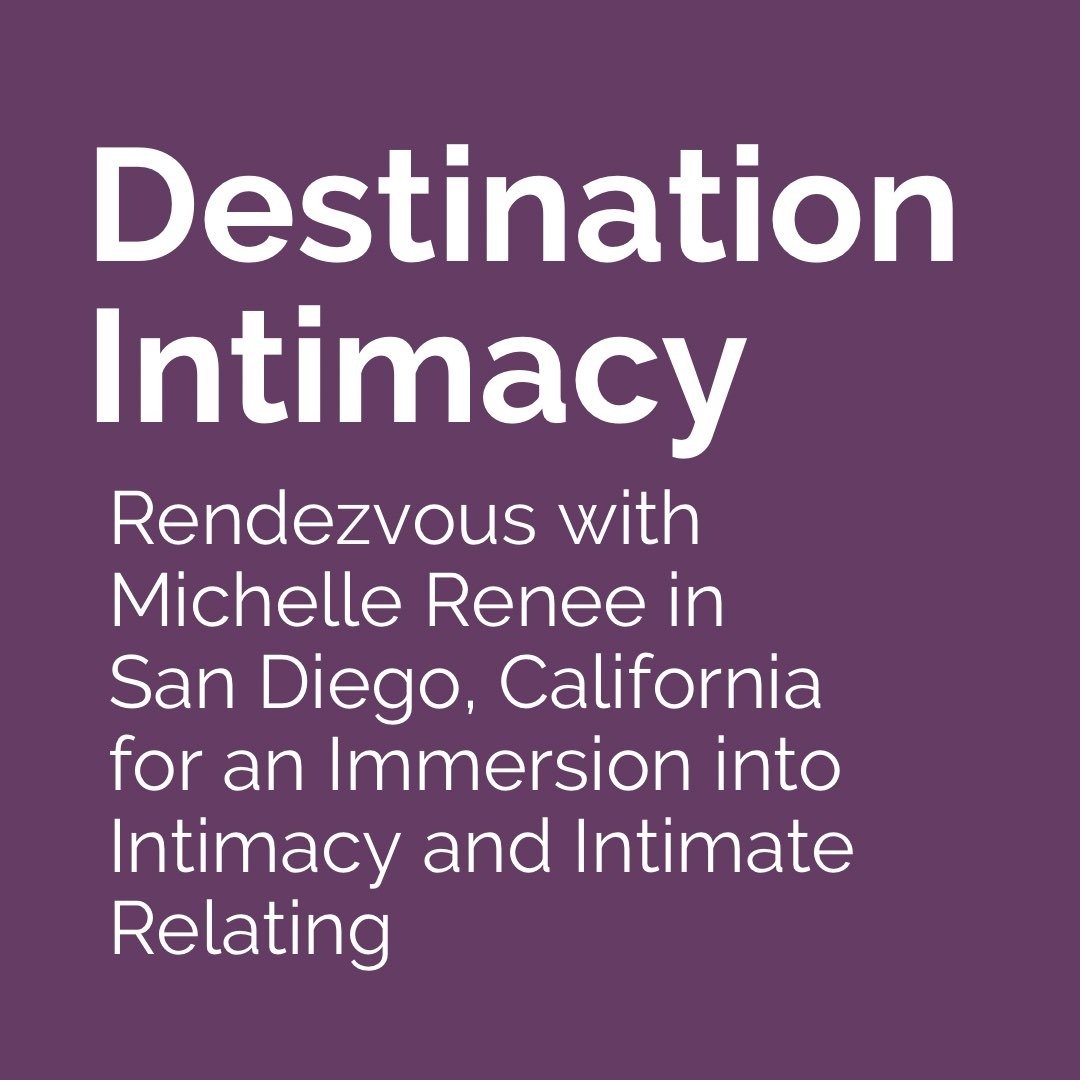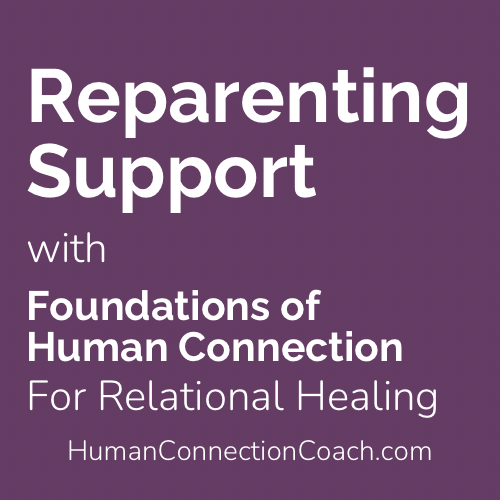I wasn’t “abused” but maybe I was neglected
I’ve been diving into the world of Complex PTSD and how it relates to my work. Let’s go backwards a bit. I have found myself with some really rich cases that have had a couple of overlapping stories:
The client has a history of sexual assault either in childhood or as an adult.
The client has a childhood that I would consider having experienced neglect from the parent(s).
Complex PTSD (Post-Traumatic Stress Disorder) means that it’s not just ONE traumatic event, but a series of events. In these cases mentioned above, they have both. I am both a survivor of sexual assault and an adult child of emotional neglect. I’m a firm believer that we work with clients who either support us in our own work or are drawn to us because of our similarities. I happen to love that overlap. The clients seem to appreciate the overlap also, as I can relate to their history in a meaningful way. (Yes, sexual coercion is sexual assault. Our bodies hold it the very same.)
Here’s what I’m learning: emotional neglect is a reason to have C-PTSD. Just because you weren’t hit doesn’t mean you weren’t abused or abused “enough”. In my childhood, I was raised in a two-parent home. But… they were both emotionally immature and it was a time of practicing hands-off parenting. When I had an emotional outburst, I was sent to my room. When I was in trouble, I was sent to my room. I recall screaming and wailing about how much I hated them, sending “I hate you” notes down the stairs to the living room, from my bedroom, in full distress. When I think of that now, I was a hurting child. I ache for that 8-year-old version of me. They simply ignored me and my cries. I was alone.
I was also screamed at. My father had a horrible temper, especially when I was young. I remember at around 5 years old being told to “go to hell” which as a young child was a pretty scary directive.
My mother, like myself to my young children, was the passive parent. Also like me, she was in an emotionally abusive relationship so I get it. While it’s hard to know how I contributed to continuing the generational pattern, I can say that I’m now on the other side. I work hard to repair the damage I participated in with my children. (You can read more about emotionally immature parents in Adult Children of Emotionally Immature Parents series. There are 4 books. I’ve read 3 so far.)
My sisters have their own stories that stand out, I’m sure. Looking back, we were all dysregulated. To go back and get my nervous system regulated BEFORE having kids… but I digress.
Now, at 47 years old, I struggle with the urge to be alone when I’m upset. It took acknowledging this history to my partner for us to be aware that the last thing I actually need when I’m upset is to be left alone. I need people even if every fiber in my being feels like I should be held up in my bed, sobbing with the covers over my head.
I’ve worked through the negative self-talk and my brain is a pretty friendly place.
Let me introduce you to a book that I’m LOVING! Complex PTSD: From Surviving to Thriving by Pete Walker. At the end of the book, Pete shares this list of healing, directly from the book:
In conclusion, you progress in recovering from the multidimensional wounding of Cptsd:
[1] as increasing mindfulness decreases your unconscious 4F [fight, flight, freeze, fawn] acting out,
[2] as your critic shrinks,
[3] as your brain becomes more user-friendly,
[4] as grieving your childhood losses builds your emotional intelligence,
[5] as your body relaxes and your mind becomes more peaceful,
[5] as your healthy ego matures into a healthy sense of self,
[6] as your life narrative becomes self-compassionate and self-affirming,
[7] as your emotional vulnerability creates authentic experiences of intimacy and
[8] as you attain a “good enough” safe relationship.
[still from the book] And let me reemphasize once again that recovery is not an all-or-none phenomenon. It is a gradual process marked by ongoing growth in any of these arenas, and most especially in a decreasing frequency, intensity and duration of flashbacks.
Great news! This is all part of what can happen in session with me!!! I can be part of your “reparenting by committee” that Pete Walker talks about in his book. I can be one of your “good enough safe relationships”.
Maybe you’ve never thought of yourself as an abused child. I get it! Know that emotional neglect has long-term consequences. Need more info? Here’s an article from Pete Walker titled, “Emotional Neglect and Complex PTSD”.
Interested in working together? Let’s connect! Not in San Diego? No worries! I can travel or you could join me here in San Diego for a weekend immersion. Learn more on my offerings page.


